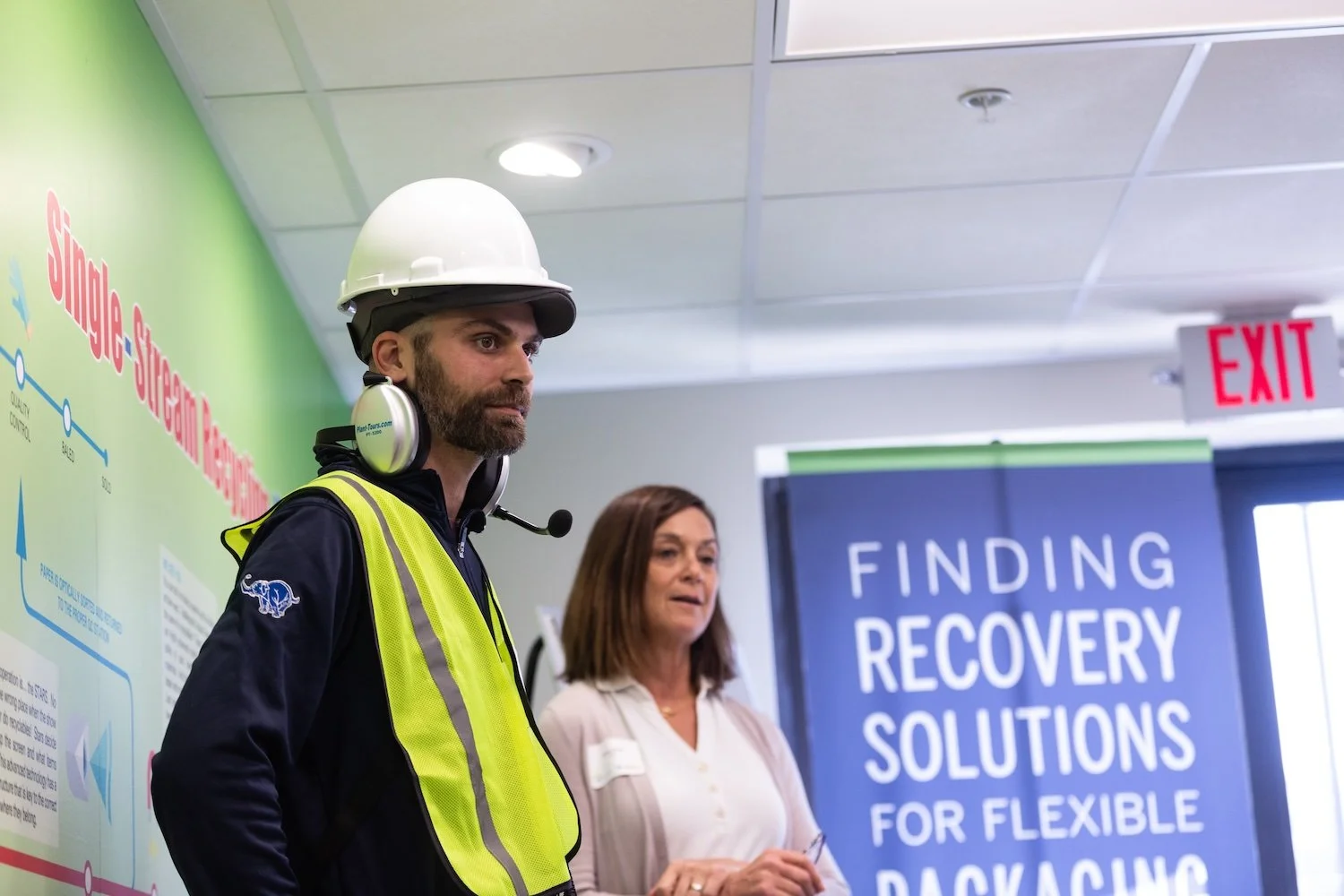Creating solutions
for a sustainable
future.
We’re dedicated to circular economy and materials management solutions.
Creating solutions for
a sustainable future.
Who We Are
Our expert team provides complete solutions: optimizing recycling processes, reducing waste, and minimizing environmental impact at all points in the supply chain, from policy to production to disposal.

Our Services
We can create a customized solution for you using our comprehensive services and expertise.

RRS works with public, private, and non-profit organizations, as well as collaborative initiatives. We started out working with cities and counties to establish recycling programs and to improve the sorting and processing of recovered materials. Over the course of 35+ years, we have engaged with the entire recovery value chain and recognize that every entity has a part to play in creating the quality of life we all want to live.
Our Work
Our Clients
Public & Government Agencies
Materials Recovery Facilities
Brands
Manufacturers
Retailers
Trade Groups
Colleges & Universities
Healthcare & Hospitals
Non-Profits
Funders & Investors








